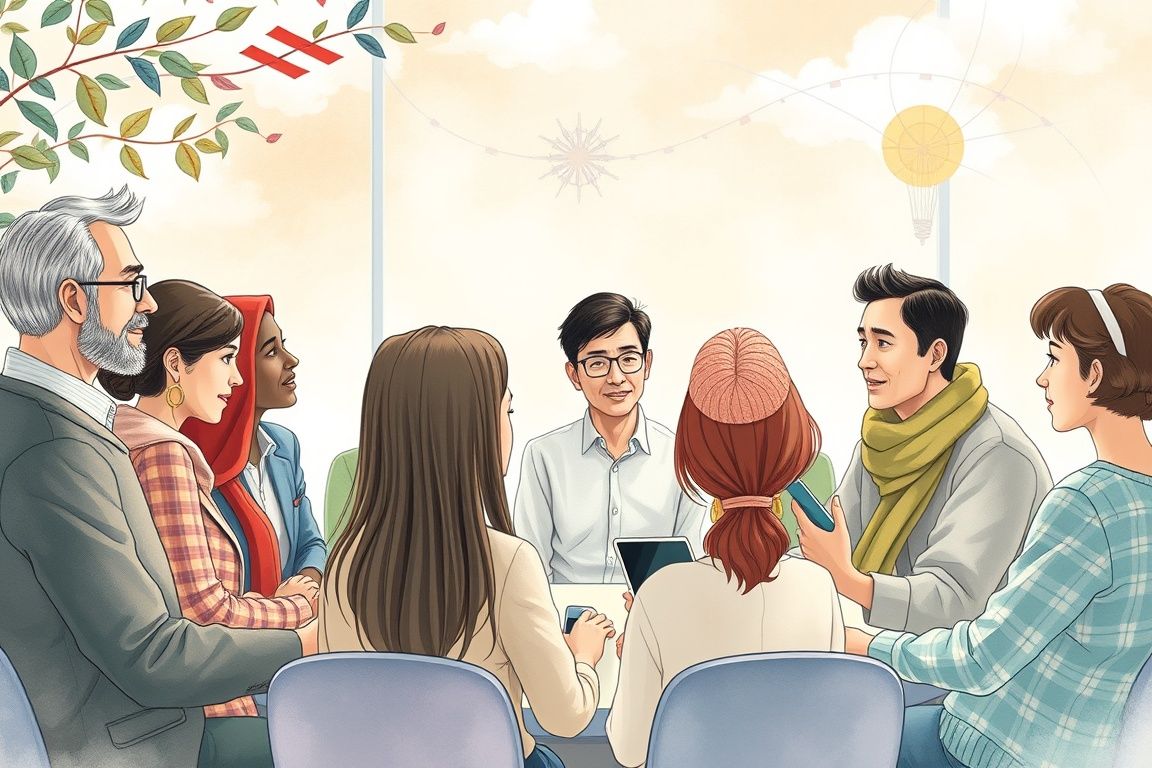The Role of Non-State Actors in Global Affairs

This course highlights the influence of multinational corporations, non-governmental organizations (NGOs), and transnational advocacy networks. Participants will learn how these actors shape policies, provide humanitarian aid, and influence global debates.
Why It’s Worth It
Understand the diverse roles of non-state actors and their impact on global issues.
Access practical insights to navigate the complexities of global governance and policy-making.
Empower yourself with knowledge that can enhance your career in international relations or global advocacy.
Your Learning Roadmap
Fundamentals of Non-State Actors
This module provides an overview of the various non-state actors operating on the global stage, their definitions, historical evolution, and the roles they play. Learners will understand the basic categorization of actors outside traditional state institutions, laying the groundwork for deeper exploration in subsequent modules. Defining Non-State Actors Historical Evolution and Emergence Types and Examples
Multinational Corporations
This module delves into the role of multinational corporations as powerful non-state actors in global affairs. Students will learn about corporate strategies, political lobbying, and case studies demonstrating how business interests intersect with global governance. The real-world examples and references to key texts will illustrate the economic and political impacts of MNCs. Corporate Strategies in Global Affairs Political Lobbying and Diplomacy Case Studies on MNC Influence
NGOs in Humanitarian Aid and Advocacy
In this module, learners will investigate how non-governmental organizations (NGOs) operate to address humanitarian crises, engage in advocacy, and influence policy-making. Emphasis is placed on funding challenges, operational strategies, and the impact NGOs have on promoting social justice and global development. NGO Foundations and Missions Funding and Operational Challenges Examining NGO Impact on Policy
Transnational Advocacy Networks
This module provides an in-depth look at transnational advocacy networks, showcasing their role in promoting human rights, environmental protection, and social justice. The course will cover the mechanisms through which these networks mobilize support, leverage digital tools, and interact with other global actors to shape public debates and policy decisions. Formation and Operation Digital Activism and Social Movements Influence on Global Norms
Analytical Frameworks and Theoretical Models
This module focuses on various analytical frameworks used to study non-state actors, including actor-network theory and soft power theory. Learners will compare multiple models, drawing on insights from key reference texts and scholarly debates, to develop a nuanced understanding of global governance beyond state-centric paradigms. Actor-Network Theory Soft Power Theory Comparative Analysis of Frameworks
Policy Implications and Future Trends
The final module connects theoretical insights with practical policy discussions. Students will learn about regulatory challenges, future trends in global governance, and strategic recommendations for effectively engaging with non-state actors. This module synthesizes previous lessons and emphasizes forward-thinking approaches crucial for modern global affairs. Regulatory Challenges and Policy Responses Future of Global Governance Strategic Recommendations for Engagement
What Users Are Saying
All You Need to Know
Join the Global Dialogue
Engage with AI in real-time for personalized learning.
Learn at your own pace with flexible access.
Instant feedback to enhance understanding.
Explore rich content through interactive lessons.
Practical applications for immediate relevance.
Deep dives into case studies for real-world insights.
